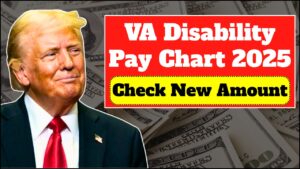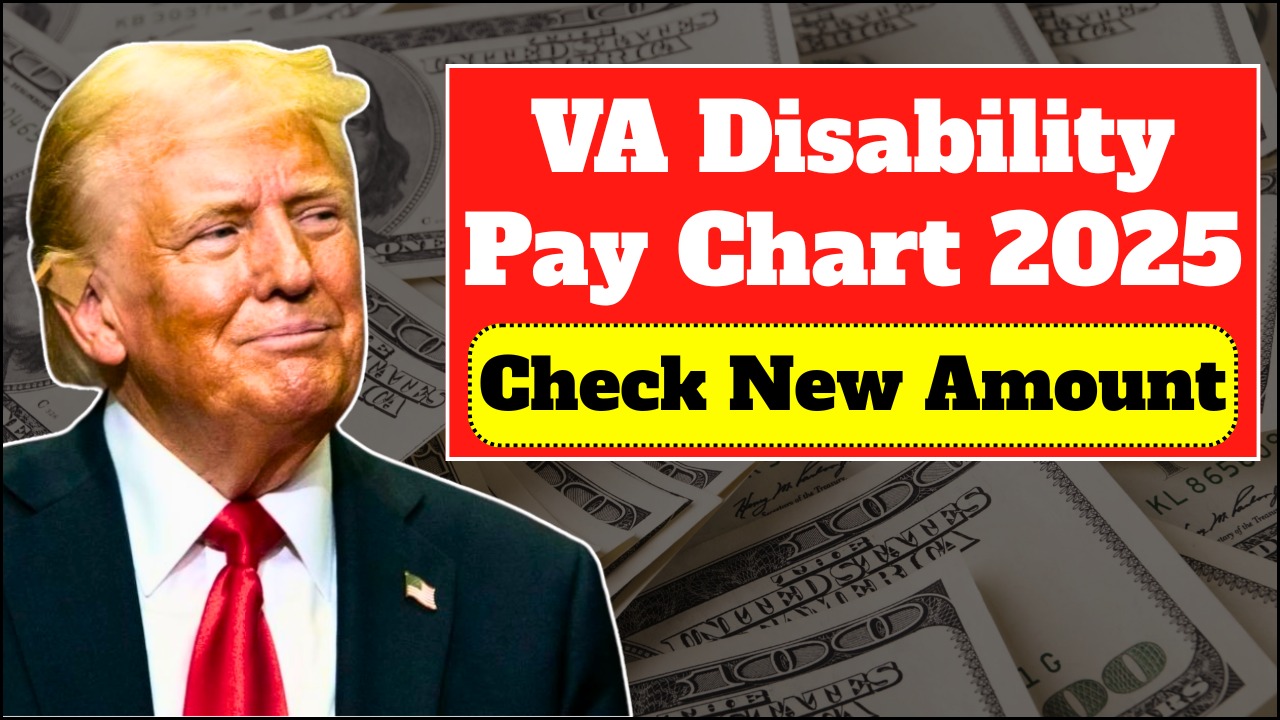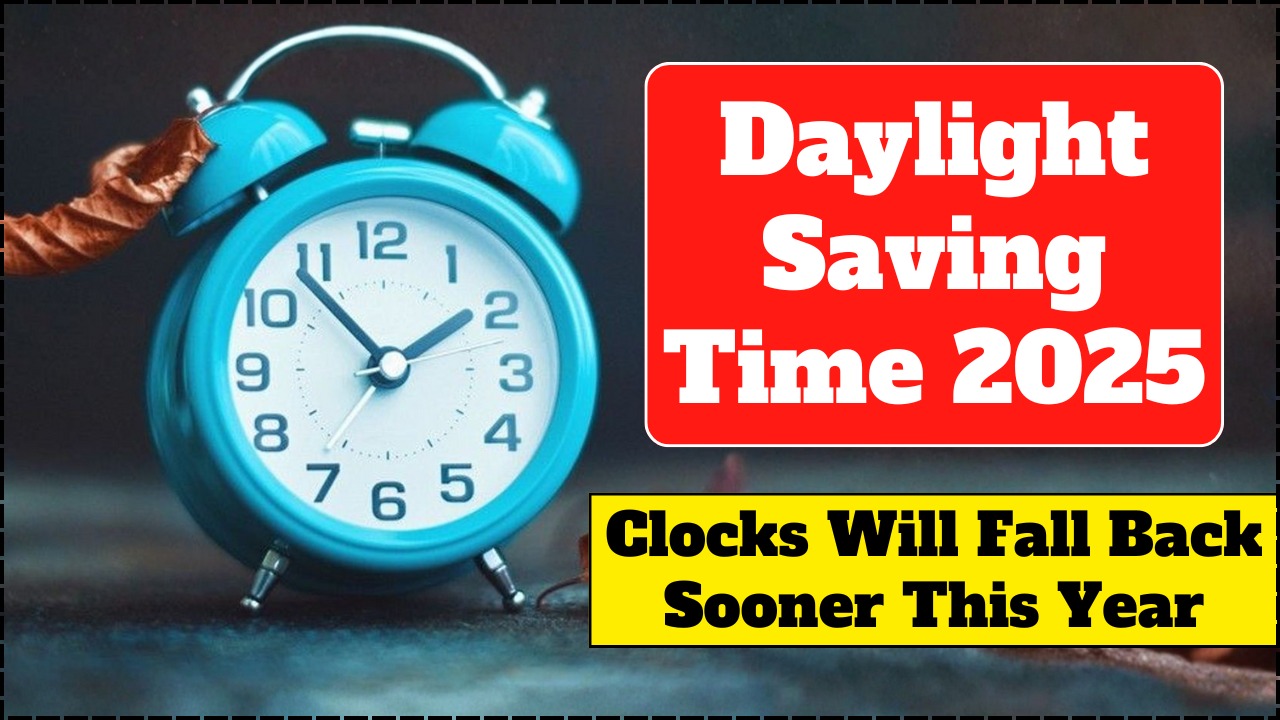As November 2025 begins, millions of Americans are preparing for the arrival of their monthly SNAP (Supplemental Nutrition Assistance Program) benefits. While the process of receiving deposits through EBT cards remains unchanged, this month also marks the start of major new federal eligibility rules that could impact who continues to receive benefits moving forward.
More than 42 million people nationwide depend on SNAP to afford groceries and household essentials. However, benefit issuance is not the same across the country. Each state follows its own schedule, and payment dates can vary based on your state, case number, or last name.
At the same time, the rollout of new work requirements under the One Big Beautiful Bill Act (OBBBA) is likely to affect certain adults receiving SNAP.
Table of Contents
Overview
| Key Factor | Status in November 2025 | Impact on Recipients |
|---|---|---|
| Payment Dates | 1st to 20th (varies by state) | Requires checking state schedule |
| New Work Requirement | Active for ABAWDs (18–64) | Must document 80 hours/month |
| Exempt Groups | Disabled, pregnant, caregivers | Must submit proof |
| Method of Payment | EBT Card | Usable at approved retailers and online |
| Verification Needed | Yes, for exemptions and work hours | Missing deadlines may pause benefits |
When Will SNAP Benefits Be Paid in November 2025?
SNAP benefits are issued monthly between the 1st and the 20th, depending on the state. Some states also stagger payments throughout the month, meaning not everyone receives benefits on the same day.
If you are unsure of your deposit date, you can confirm through your state EBT account or the USDA SNAP State Directory.
Sample Statewise Distribution Schedule for November 2025
| State | Approx. Payment Dates | Basis of Distribution |
|---|---|---|
| California | 1st–10th | Last digit of case number |
| Texas | 1st–15th | Last two digits of EDG number |
| Florida | 1st–28th | 8th & 9th digit of case number |
| New York | 1st–9th | Varies by county |
| Illinois | 1st–20th | Case number or SSN |
| Georgia | 5th–23rd | Last two digits of ID number |
Payment dates may shift slightly due to holidays or system updates. Always verify using official state communication.
New SNAP Work Rules Begin November 2025
November introduces new federal eligibility requirements affecting Able-Bodied Adults Without Dependents (ABAWDs). This group includes adults aged 18–64 who are physically and mentally capable of working and do not have dependents.
Previously, ABAWDs were only eligible for three months of benefits every three years unless they completed 80 hours of work or training per month.
Under the OBBBA rule update, some groups who were once exempt — such as certain older individuals, veterans, and unhoused individuals — may now be required to document and report work or training hours to maintain benefits.
Who Is Still Exempt from the Work Requirement?
These individuals do not need to meet the 80-hour rule, but must provide proof:
- Individuals with physical or mental disabilities
- Pregnant individuals
- Caregivers for children or dependent adults
- Anyone medically certified as unable to work
Failing to submit documentation on time can lead to temporary benefit suspension, but decisions can be appealed.
Why These Changes Matter
Supporters of the new rules argue they encourage self-sufficiency and reduce government spending. However, critics warn the changes may increase hunger and food insecurity, especially with rising grocery prices. Food banks nationwide are already preparing for potential increases in demand.
What SNAP Recipients Should Do Now
| Step | Action |
|---|---|
| 1 | Read all notices from your state SNAP office |
| 2 | Track work or volunteer hours monthly if required |
| 3 | Confirm if you qualify for an exemption |
| 4 | Update your contact information online |
| 5 | Appeal if benefits are reduced or stopped |
Understanding your status now can prevent unexpected interruptions later.
FAQs
A – Most states pay between November 1 and November 20, depending on case or ID details.
A – No. But if you are an ABAWD and do not meet the 80-hour requirement, your benefits may be limited.
A – No. Disabled recipients remain exempt but must provide documentation








